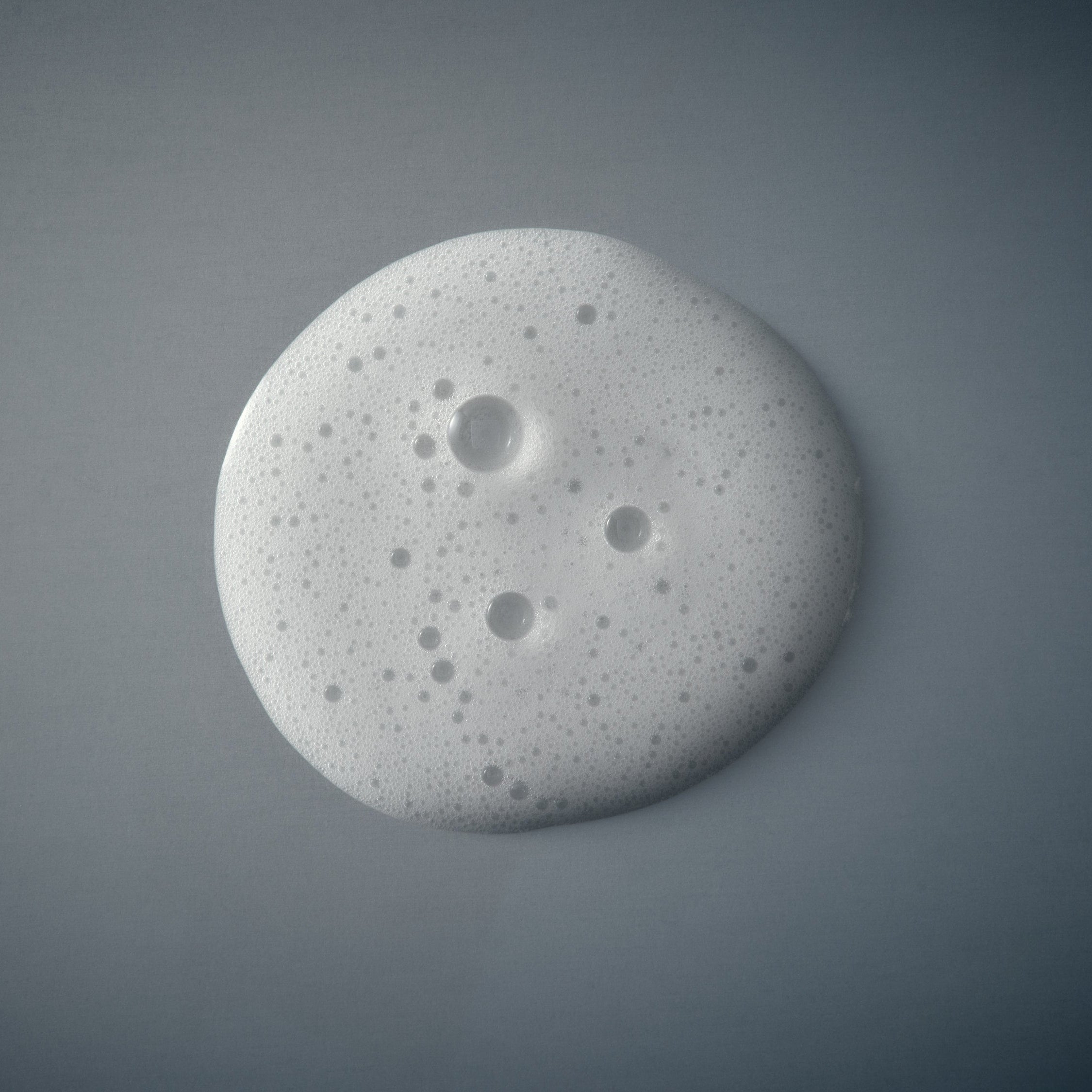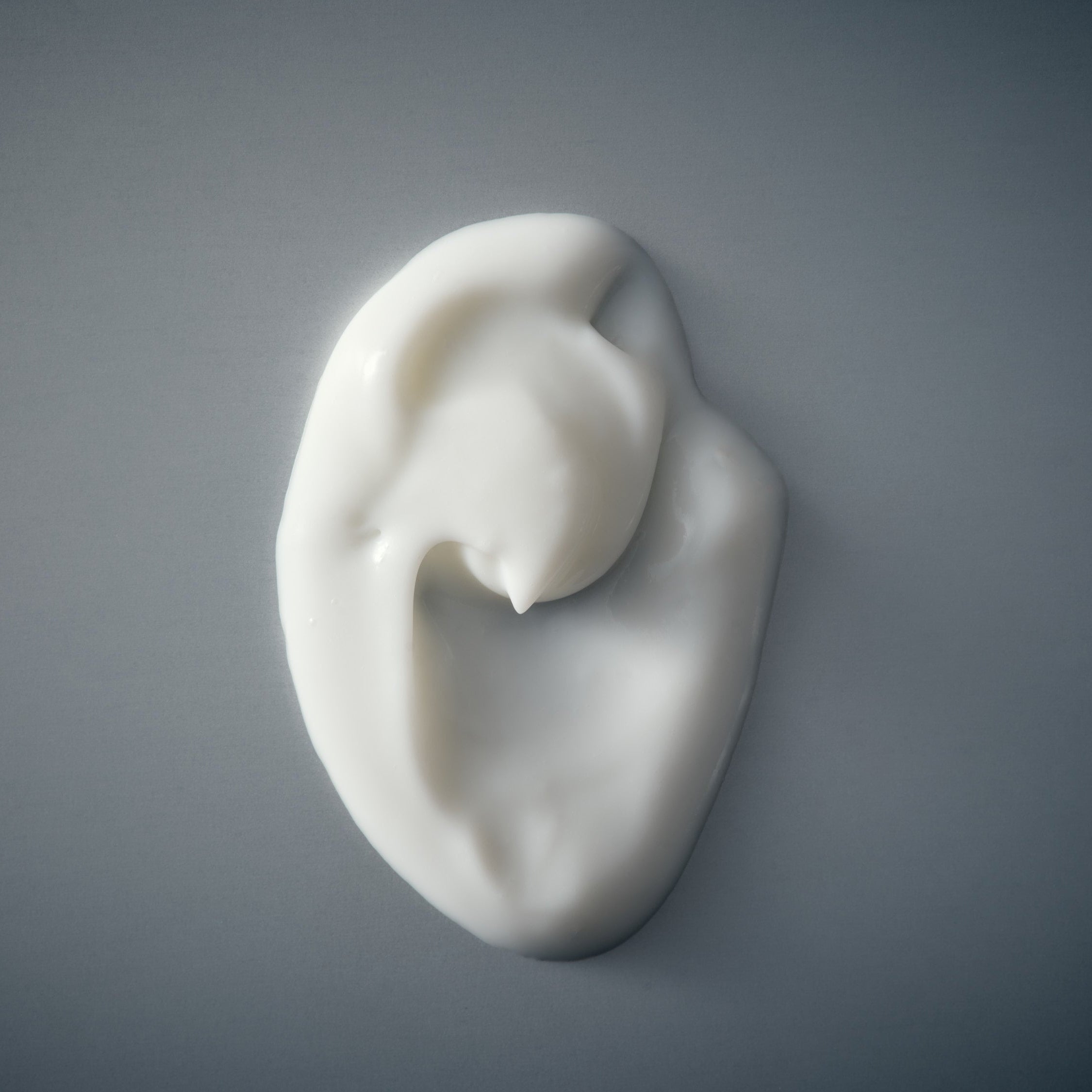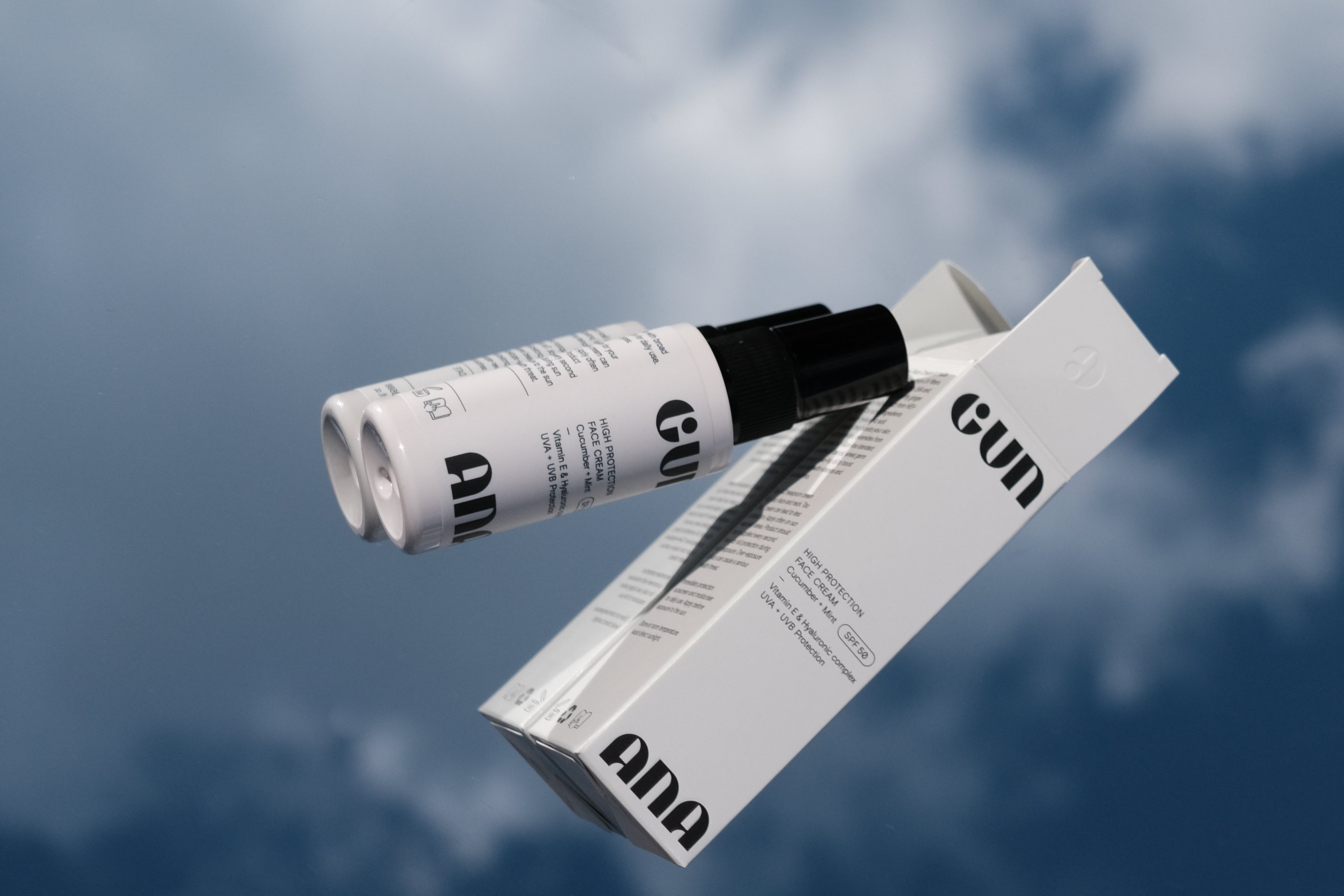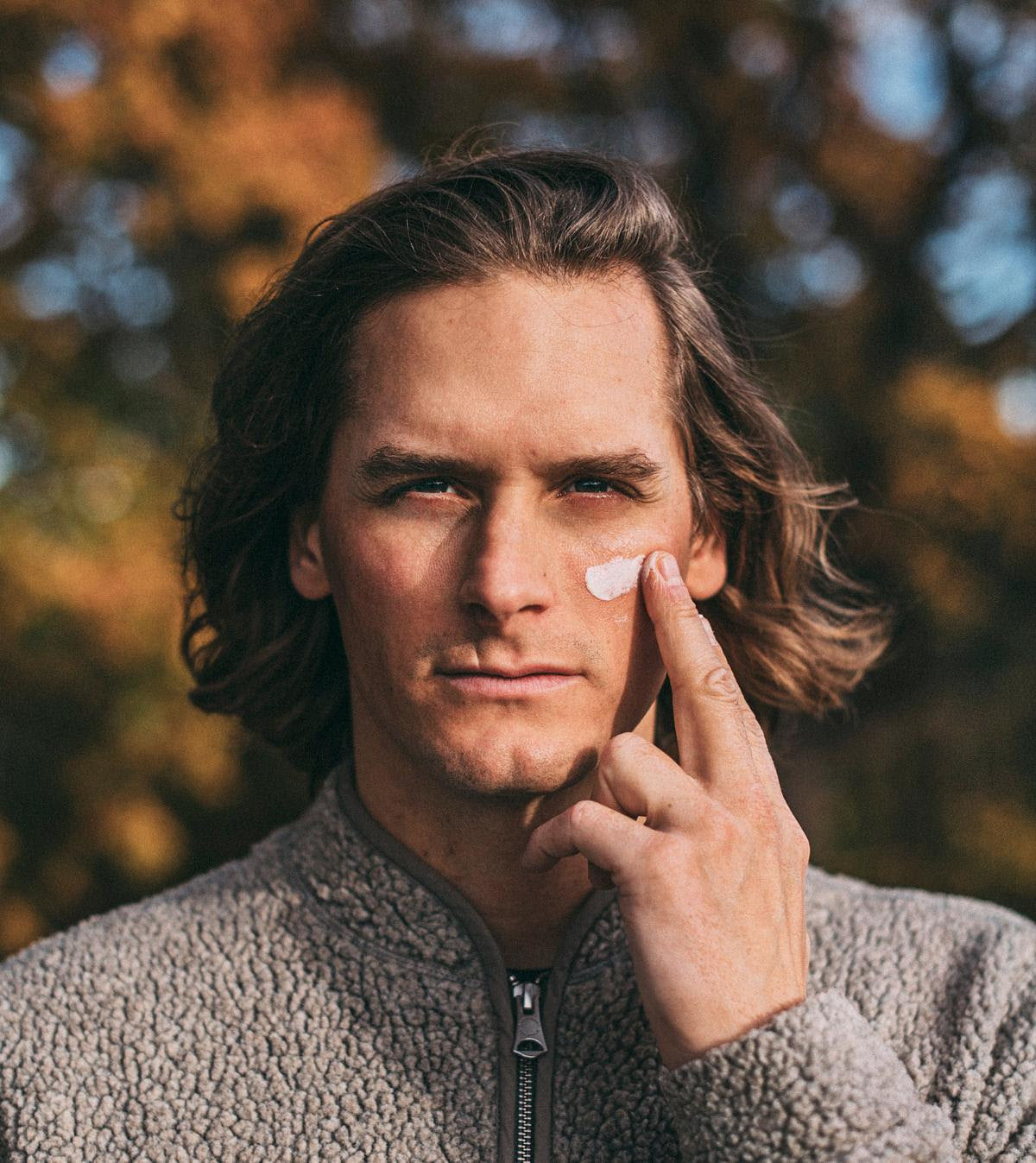In our modern digital age, we are constantly exposed to various forms of light, including visible light and invisible light waves. One such type of light that has gained attention in recent years is High-Energy Visible (HEV) light, also known as blue light. In this blog post, we will explore the sources of HEV light, how it can harm the skin, and what steps you can take to protect yourself from its potential damage.

Sources of HEV Light:
HEV light is emitted by the sun as well as artificial sources such as electronic devices like smartphones, tablets, computers, and LED lights. Unlike ultraviolet (UV) rays, HEV light has a shorter wavelength and higher energy level, making it capable of penetrating deeper into the skin.
How HEV Light Can Harm the Skin:
- Oxidative Stress: HEV light exposure can lead to the generation of reactive oxygen species (ROS) within the skin. This oxidative stress can trigger inflammation and damage skin cells, leading to premature ageing, wrinkles, and uneven skin tone.
- Collagen Breakdown: HEV light has been shown to stimulate enzymes that break down collagen and elastin fibres, essential components for maintaining skin elasticity. As a result, prolonged exposure to HEV light can accelerate the development of fine lines and wrinkles.
- Hyperpigmentation: HEV light has been associated with an increase in melanin production, which can lead to hyperpigmentation issues such as dark spots and melasma, particularly in individuals with darker skin tones.
Protecting Your Skin from HEV Light:
- Sunscreen: Look for broad-spectrum sunscreens that offer protection against both UVA and UVB rays. Some sunscreens also provide coverage against HEV light. Opt for products with an SPF of 30 or higher and apply it generously to all exposed areas of the skin, even on cloudy days.
- Antioxidants: Incorporate skincare products rich in antioxidants such as vitamins C and E into your routine. Antioxidants help neutralise free radicals caused by HEV light, reducing oxidative stress and its potential damage.
- Blue Light Filters: Several electronic devices offer built-in blue light filters or night mode settings that reduce HEV light emissions. Alternatively, you can use blue light filter applications on your devices or invest in blue light-blocking glasses to minimise exposure.
- Take Breaks: Limit your screen time, especially before bedtime, to give your skin a break from HEV light exposure. Engage in activities that do not involve electronic devices and give your eyes and skin much-needed rest.
- Balanced Diet: Maintain a healthy diet rich in antioxidants, such as fruits, vegetables, and green tea. A balanced diet can enhance your skin's natural defence mechanisms against oxidative stress caused by HEV light.
HEV light, or blue light, is omnipresent in our daily lives, and its potential to harm the skin is a growing concern. Understanding the sources and consequences of HEV light exposure is essential to protect our skin from potential damage. By adopting simple preventive measures like wearing sunscreen, incorporating antioxidants into skincare routines, and taking breaks from screens, we can minimise the impact of HEV light and promote healthier skin in the digital era.
Our Face Cream protects from UVA, UVB and of course, HEV-light. It's also rich in antioxidants such as Vitamin A, C & E which help protect from HEV-light and free radical damage.














